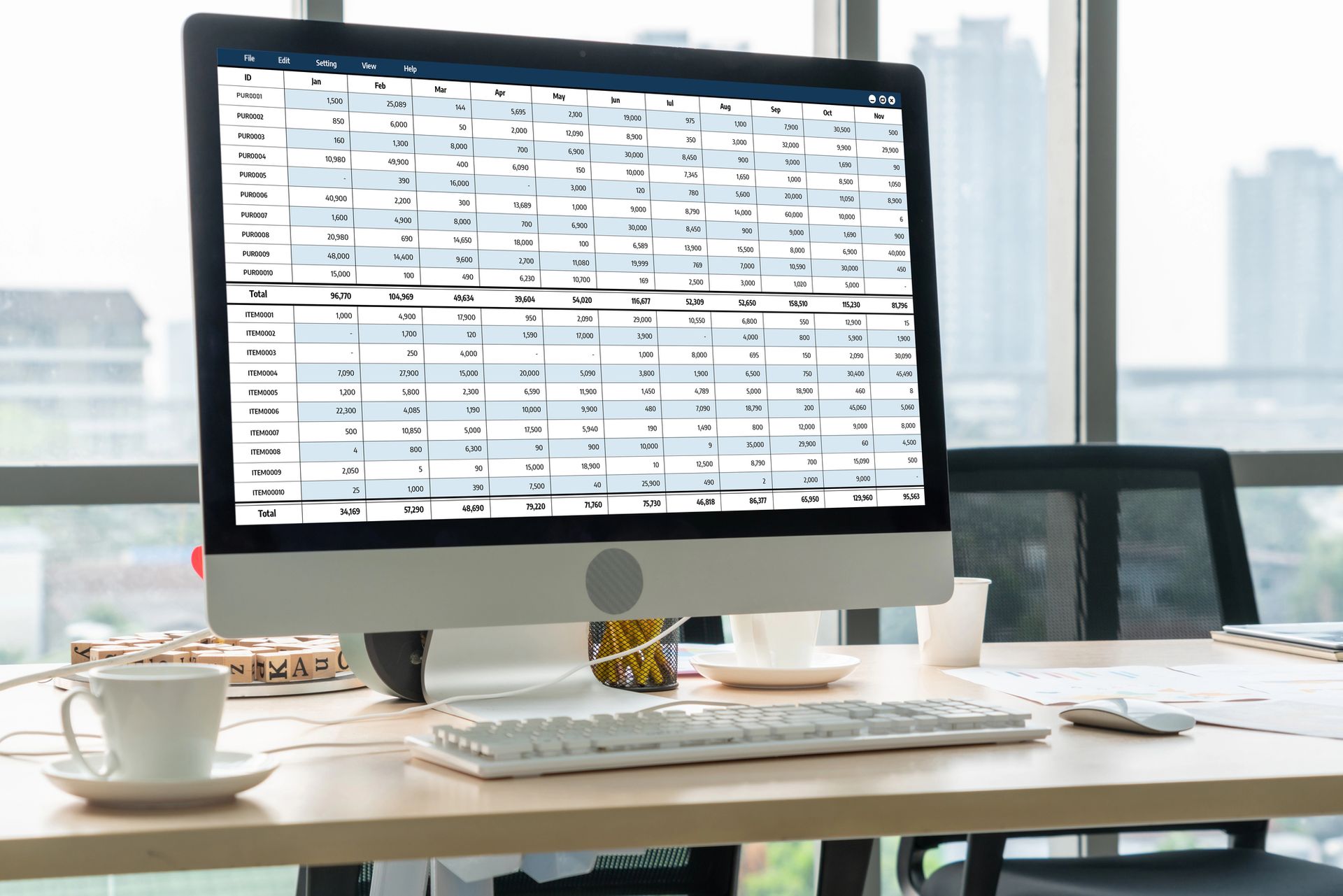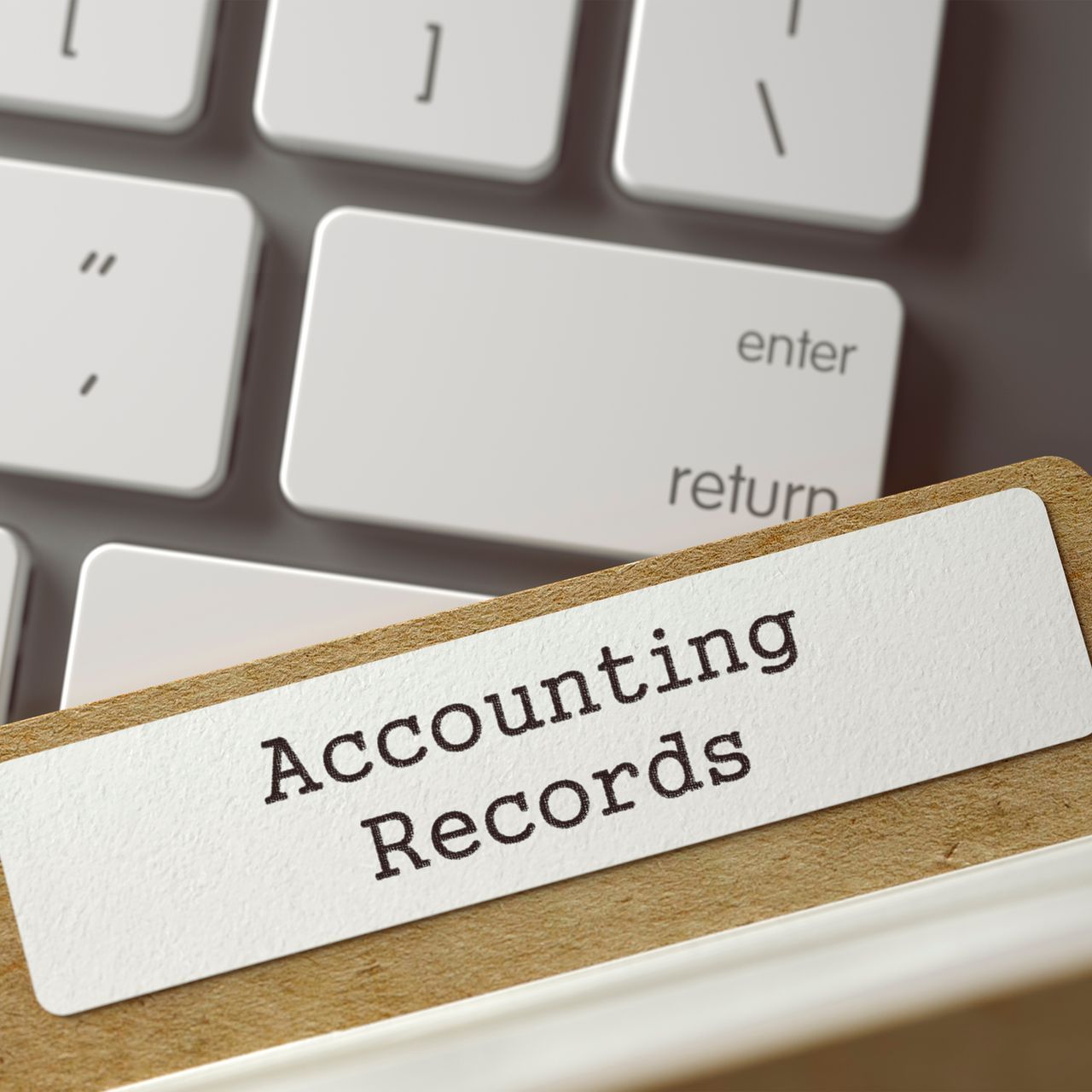How will I get through Coronavirus financially?
Laura Arbuckle • March 28, 2020
Time is moving fast just now and the world feels like a very different place than it was just a few short weeks ago. Since writing my blog post last week, the government has announced more financial help for both employees and the self-employed. Despite this, some people will still slip through the cracks and find themselves with little help through this. Here is just a summary of the help that might be available to you.
Maximise your cashflow
This advice hasn’t changed. Getting through the weeks until any government funding you are eligible for may be reliant on maximising your short term cashflow.
Speak to your customers, especially those to whom you have extended credit terms. You need to know whether they can make their payments earlier or whether they will be able to make them at all. Whether it’s good news or bad, the information can be used to make decisions for your own business.
Speak to all your suppliers and see whether there is any leeway to reduce your payments or even pay over a longer period of time. Remember that they may be struggling financially and grappling with difficult decisions themselves.
Make sure you cancel payments for anything that you are not actively using. This is a good time to review your costs generally to see if any savings can be made.
What help is available to me?
Employees, including directors
If you are an employee, you are entitled to Statutory Sick Pay if you are unwell. The employer is usually responsible for paying this, but the government are now reimbursing up to 2 weeks Statutory Sick Pay from the first day of illness. The mechanism for reclaiming this hasn't yet been ironed out.
If you are a key worker or are able to work from home, you should continue to do. For many people this is not possible. Where your employer can no longer provide you with work they have the option to either offer you redundancy or furlough, but employers are encourage to furlough staff where possible. There is a 3 week minimum furlough period.
Under new provisions, the government will provide funding to your employer to cover 80% of your salary. Furloughed workers may not undertake work for the employer whilst on furlough, although they are not prevented from performing voluntary work whilst on furlough. For salaried individuals, the amount that is reimbursed will be based on your February 2020 earnings.
This option is also available to directors as well whilst on furlough they must not work for their company other than to fulfil their statutory duties as a director, which can be found here. The scheme only covers salary and does not extend to any dividend payments that may have been withdrawn from their company.
HMRC are working to set up the mechanism by which the reimbursement of furloughed worker salaries will be reclaimed. It is unlikely to be available until the end of April and businesses should consider loan funding to help with short term cash flow problems. More details about the provisions can be found here.
Self-employed
If you are self-employed or don’t earn enough to be eligible for statutory sick pay, you may be able to claim Employment and Support Allowance here if you are ill.
The government has also announced help for the self-employed. There aren’t yet many details but the outline of the provision can be found here. There are many self-employed individuals that will not be able to benefit from the scheme, including anyone that has become self-employed since 6 April 2019.
You will be eligible for the scheme if you submitted a tax return in 2018/19 and have traded since. However, if your average profits between 2016/17 and 2018/19 are above £50,000 you will not be eligible. If you are eligible, HMRC will contact you and invite you to apply. Payments are not expected to be available until June.
People that are not eligible for either scheme
Many people are may receive little or no help from the government under these offerings. If this is you, you should consider applying for Universal Credit or look out for local key worker job offerings.
Reception to Universal Credit has not been positive over the last few years since its introduction but it may be worth considering applying for it now, especially if you have lost or reduced your income significantly as a result of the Coronavirus epidemic. There are restrictions but you can take a look at eligibility and apply here.
If you own your own home, you may be able to get a three-month mortgage payment holiday. The interest on your mortgage will continue to accrue if you don’t make your usual payments but this would improve your cashflow in the short term.
Of course, if we are all unable to leave the house our living costs will also reduce. We won’t be spending money on travel, meals out or any of those little luxuries we all took for granted. Children’s sporting endeavours may have temporarily ceased but so should the payments! Now is a good time to scrutinise your household costs and ensure any long-standing subscriptions are still relevant.
During this challenging period, it is more important than ever to keep lines of communication open so that you can understand how your stakeholders can work with you and support you. Everyone is facing huge challenges and changes, and that means there is also a huge potential for empathy amongst your stakeholders.
What help is available to my business?
Loan funding
The government is releasing loan funding to small businesses in the coming weeks. The details of how to apply are now available on this link.
These loans are made by banks and other lenders and the government partially guarantees the loan and pays the interest on the loan for the first year. This facility is available for loans from £25,000 up to £5m.
For many small businesses, this is more than they realistically need or want to take so the scheme may not be the right route for them. However, banks and other lenders are also trying to make small loans and overdrafts available to businesses more easily as well. This may be a better option for your business if you need a quick cashflow boost to cover furloughed workers salaries or your outgoings whilst waiting for more help if you are self-employed.
Bear in mind this would be in the form of a loan and it would still need to be repaid in the future. You should only take on a loan if you can afford the repayments.
As you can imagine, banks are overloaded with applications at the moment so there may be a long wait to speak to your bank and enquire about the best option for you.
Deferral of tax payments
If you have VAT payments that are due to HMRC between 20 March and 30 June, these have automatically been deferred until 31 March 2021. You don’t need to do anything to claim the deferral, it will happen automatically. However, if you make VAT payments by direct debt your do need to cancel your direct debit to prevent HMRC taking the money automatically.
More recently, it has been announced that the payments on account for the self-employed that were due by 31 July 2020 have also been deferred to 31 January 2021. Again, there is nothing that you need to do to claim this.
If you have money due to HMRC for other taxes and you don’t expect that you will be able to make the payment, it is worth speaking to their Time to Pay team to arrange longer to make your payments. You can see my blog post here for details. Bear in mind that they are likely to be overwhelmed with calls and you may have to wait to get through. Don’t leave it too close to the deadline as the agreement needs to be in place to avoid a penalty.
Business Grants for those businesses with premises
If you have business premises, the taxable one-off grant of £3,000 has now been increased to £10,000 to help with ongoing business costs. In Scotland, application forms can be found on your local council website. See my Facebook post here for the links to the forms for councils that are local to Armet Accounting.
You should also check the terms of any insurance you might have in place to see if you are eligible for any assistance.
Get in touch
I hope that you and your family continue to be healthy and that you come through this tragedy relatively unscathed. We are all struggling to adjust to the world around us at the moment and we all need to support each other as best we can through the next few weeks.
If you would like to chat through what the new rules mean for you, please send me an email using the buttons below and we can arrange a call.

If your company provides you with a traditionally fuelled car for personal use, it can be a very expensive way to fund your vehicle. However, if your company provides you with an electric car that you can use personally instead, the tax tends to be substantially lower than for traditional vehicles and there are incentives for the company as well.

My residential landlord clients would probably tell you that they are fed up of hearing about HMRC’s latest requirements for reporting Capital Gains Tax. At every accounts review meeting I make sure they are fully aware that in the event they sell their residential rental property, they must complete a return and pay any tax that is likely to be due within 60 days of the sale being agreed.

If you are juggling your work-life balance, we can help you to find more time for yourself by helping you with your self-assessment return. You may be wondering how that might work in practice. I can’t speak for every accountant or payroll operator but in this blog post I describe how the process works at Armet Accounting.








